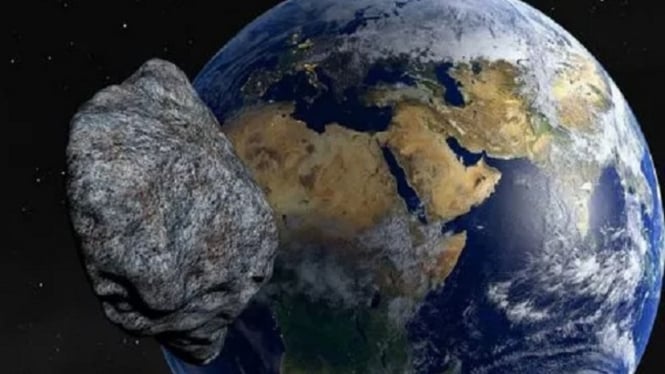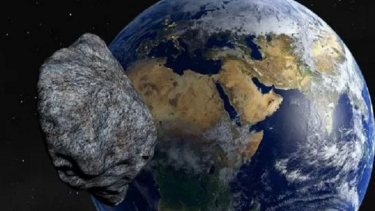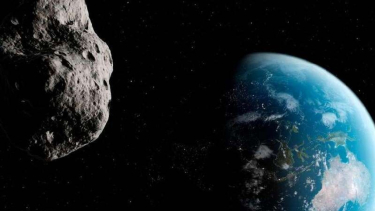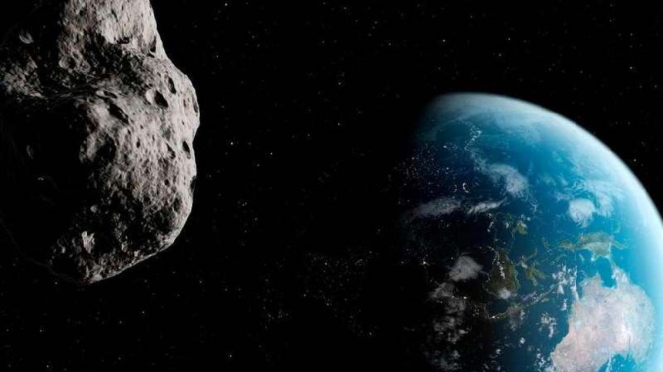Two Asteroids Will Pass Close to Earth Today
- Jagran English
VIVA – Two asteroids in small size will pass close to earth today, December 22, 2022. The first is 2022 YG, which is only about the size of a house. It belongs to the Apollo family and is a near-Earth object (NEO) that will make its approach at 10:26 m in West Indonesian Time.
Its minimum distance is 0.01620 astronomical units and 0.01631 astronomical units maximum distance. This celestial body has a diameter of 5 feet and will make its approach at a distance of 1,510,000 miles.
Second is the 2022 RD2 which is about the size of a bus or 21 feet. It will approach Earth at a distance of 3,310,000, according to the NASA Jet Propulsion Laboratory website, Thursday, December 22, 2022.
The asteroid discovered this year belongs to the Apollo family and is classified as a near-Earth object (NEO). It will pass at 20:22 EST or December 23, 8:22 am in West Indonesian time.
Ilustrasi Asteroid mendekati Bumi.
- CNET
These space rocks are sometimes called small, rocky, airless planets left over from the early formation of our solar system about 4.6 billion years ago. The current number of known asteroids is 1,113,527. Most of this ancient space debris can be found orbiting the Sun between Mars and Jupiter in the main asteroid belt.
Asteroids range in size from Vesta where the largest has a diameter of about 329 miles (530 kilometers) to objects less than 33 feet (10 meters) wide. The combined total mass of all asteroids is less than the mass of Earth's Moon.
NASA marks any space object within 120 million miles (193 million km) of Earth as a 'near-Earth object'. While fast-moving objects within 4.65 million miles (7.5 million km) are categorized as 'potentially hazardous'.
Once the objects are tagged, astronomers monitor them closely, looking for deviations from their predicted trajectories, which could put them on an Earth-shattering collision course.



























